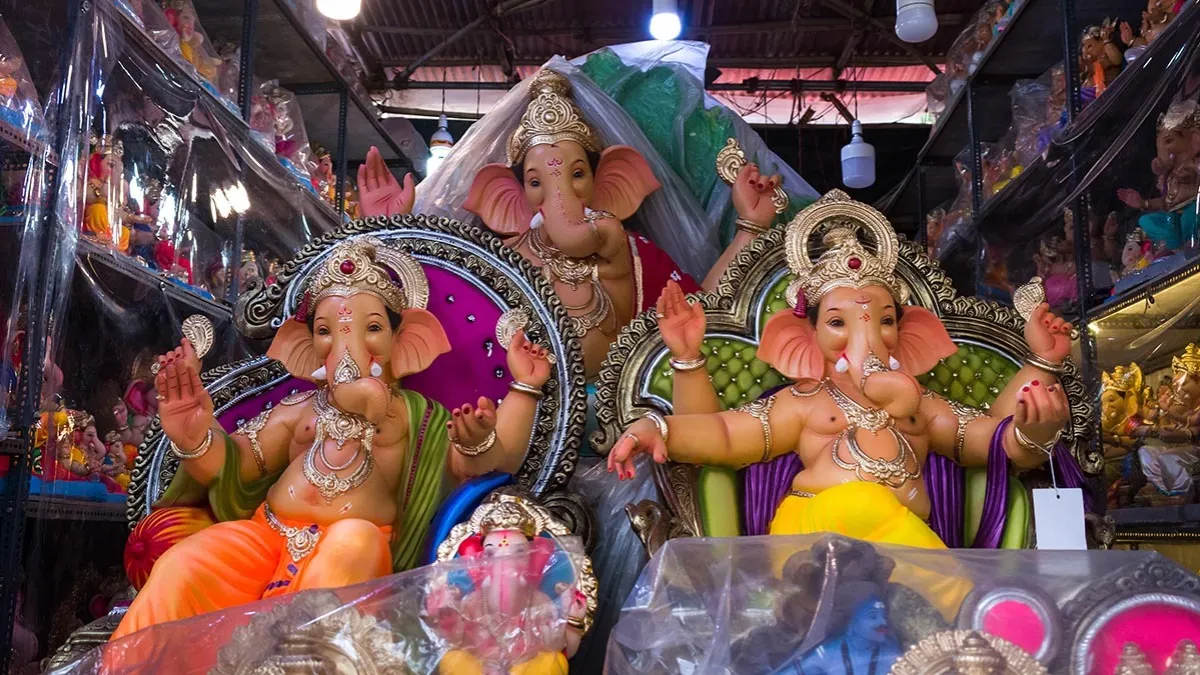Immersion ceremony in connection with Vinayaka Chaturthi; guidelines on permissible materials for making Ganesha idols issued in Puducherry
06 Sep 2023
News
For the immersion ritual in conjunction with Vinayaka Chaturthi the following week, the Department of Science, Technology, and Environment and the Puducherry Pollution Control Committee have released rules on acceptable materials for Ganesha idols. The agencies demanded strict respect to the regulations in order to minimise pollution and health risks brought on by idol immersion in waterbodies, citing the comprehensive guidelines created by the Central Pollution Control Board, Delhi (https://dste.py.gov,in/ppcc/pdf/Guidelines/4.pdf).
According to the rules, only idols made of natural, biodegradable, and environmentally friendly raw materials—such as traditional virtuous clay and mud, free from Plaster of Paris (PoP), plastic, and thermocol (polystyrene)—should be encouraged, allowed, and promoted. Idols made of Plaster of Paris (PoP) are prohibited. Single-use plastic and thermocol materials are not allowed to be used. To avoid contaminating the recipient waterbodies, only eco-friendly materials, such as straw structures, should be used to create or adorn idols, pandals, and tazias.
Furthermore, it is completely forbidden to paint idols with harmful and non-biodegradable chemical colours or oil paints. It is best to avoid using enamel and paints with artificial dye bases on idols. Natural colours that are eco-friendly, water-based, biodegradable, and non-toxic should be used instead.
Instead of using throwaway materials that include paints and other harmful chemicals to decorate idols, detachable and washable ornamental clothing made of natural fibres and colours must be utilised. For colouring, only naturally occurring pigments from plants (such as those found in their flowers, barks, stamens, leaves, roots, seeds, and complete fruits), feathers from various birds, minerals, or coloured rocks may be utilised. Craftsmen, craftsmen, and manufacturers who work on idols should register with civic organisations and take part in creating eco-friendly idols while following the rules. For the distribution of prasad and other uses, areca/banana/sal leaves, biodegradable paper cups and plates, and clay pots should be utilised.
The organisations advised that before idols are drowned, worship materials including flowers, leaves, garments, paper, and biodegradable objects should be removed from them and separated in color-coded containers at the chosen immersion site.
